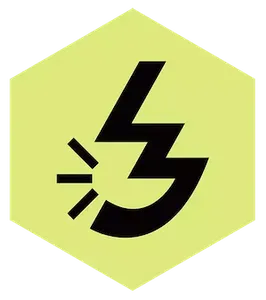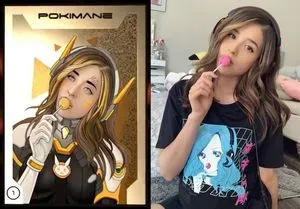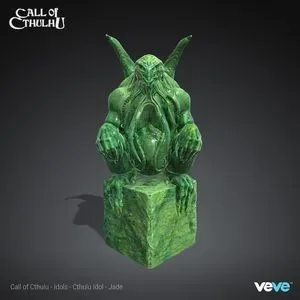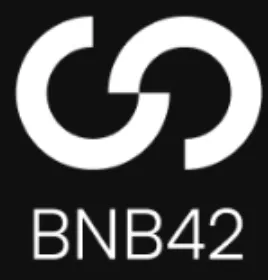Kickstarter's COO, Sean Leow, did an interview with The Beat to discuss the announcement. He seemed to be a little bit confused on the whole concept throughout, and seemed to believe that "open source" is some sort of competing idea to blockchains. At one point he stated, "We believe that that data can be structured in a way through a blockchain where it ... can move in a much more efficient and effective way between services ... in a way that open source doesn't allow". Later in the interview he spoke about governance, saying, "our understanding is that [governance] is done more effectively with blockchain then with open-source."
Kickstarter says they "won't make changes to Kickstarter without you" after blockchain backlash... but they will continue with blockchain plans
Someone blows up a Lamborghini to "criticize greed", then makes NFTs out of the pieces
SHL0MS then gathered 888 pieces of the wrecked car, took rotating videos of each one, and created NFTs from them. The NFTs were to be released on February 25 in an auction starting at 0.01 ETH (about $26), but the auction was delayed due to the news of Russia's military invasion of Ukraine.
It's likely SHL0MS will profit handsomely off the Lamborghini NFT. Their previous NFT collection, FNTN, involved similar rotating videos, in that case of an exploded toilet. The NFTs in that 185-piece collection have recently been trading at 1–2 ETH (several thousand dollars).
Andrew Yang announces plans to fight poverty with a lobbying group that distributes voting power in proportion to how much you pay
Interestingly, one of the people credited as a "contributing artist" to Lobby3 is "Robness", who had the previous day minted an NFT of a photo of a journalist as a child in an attempt to harass her.
Class action lawsuit names SafeMoon, its executives, Jake Paul, Nick Carter, and others in alleged pump-and-dump scheme
These influencers join a growing list of celebrities who have been named in class action suits over alleged pump-and-dumps. The list includes names like Kim Kardashian, who was named among others in a January class action suit pertaining to a coin called EthereumMAX.
- "Jake Paul, Nick Carter, Soulja Boy, Lil Yachty Facing ‘Pump and Dump’ Class Action Over SafeMoon Tokens", ClassAction.org
- "I UNCOVERED A BILLION DOLLAR FRAUD", CoffeeZilla's YouTube channel
Binance halts activities and marketing in Israel over "licensing issues"—namely, the lack of one
MetaDeckz ends trading card NFT project after facing legal action from streamers whose likenesses were used without consent
Following Ludwig's scathing statement and legal threat, MetaDeckz explained he was just "an artist who saw an oppertunity [sic]" and that he would disband the project. He later released a video explaining that he would stop the project, though his continued references to the cards as "the product" and his statements that he intended to continue working on the cards led some to question if he was just planning to try to monetize them in some other way. If that's the case, he may run into further issues given that the card illustrations all appear to be derived directly from photos of the streamers that don't belong to MetaDeckz.
NFT artist "Robness" mints an NFT of a journalist's childhood photo to harass her
Robness decided the best way to make his displeasure known would be to find a photo of Notopoulos as a young child and turn it into an NFT titled "VOTED MOST LIKELY TO BE A FAILED JOURNALIST: KATIE NOTOPOULOS". The NFT description read, "Failed journalism is a true art to master. With Buzzfeed's new article about the Bored Ape Yacht Club, Katie Notopoulos went where no journalist usually goes. She ousted [sic] both of the Bored Ape Yacht Club founders while providing baseless claims of racist tropes about their artwork to further stir up contention. We thank Katie for her continued pursuit in tainting the once respected practice of real journalism. Here we have what is known as doxx art. Enjoy."
The NFT platform where Robness originally listed the NFT, Known Origin, eventually took down the listing. However, due to the nature of blockchains, the NFT itself still exists and can continue to be accessed and traded despite one platform's intervention.









